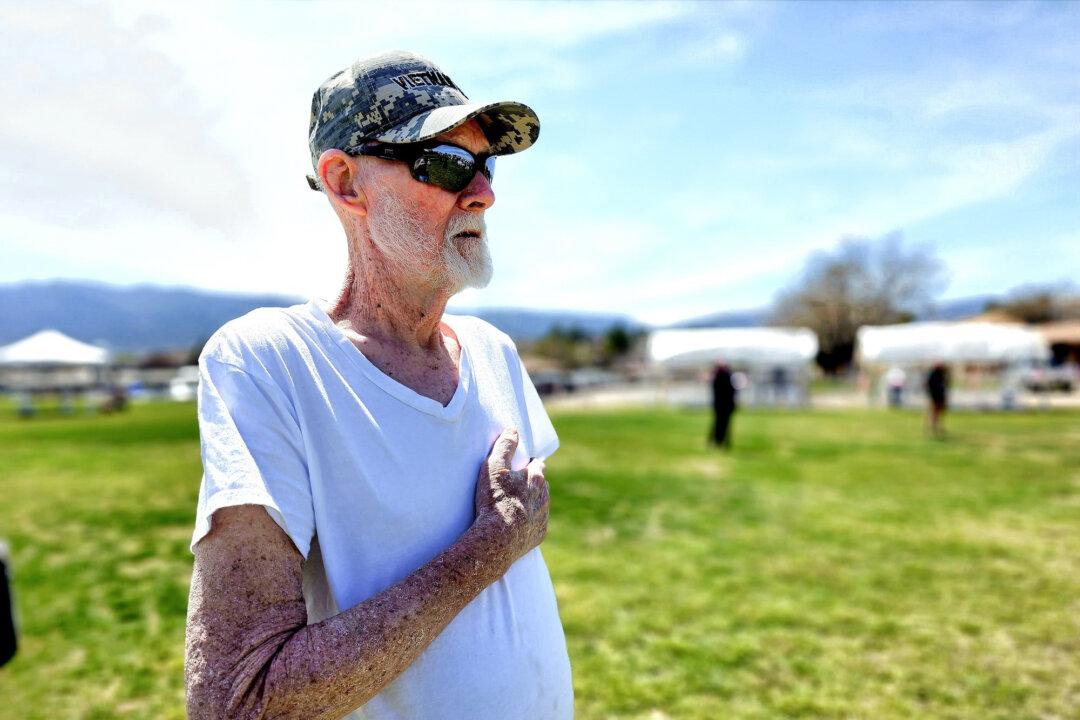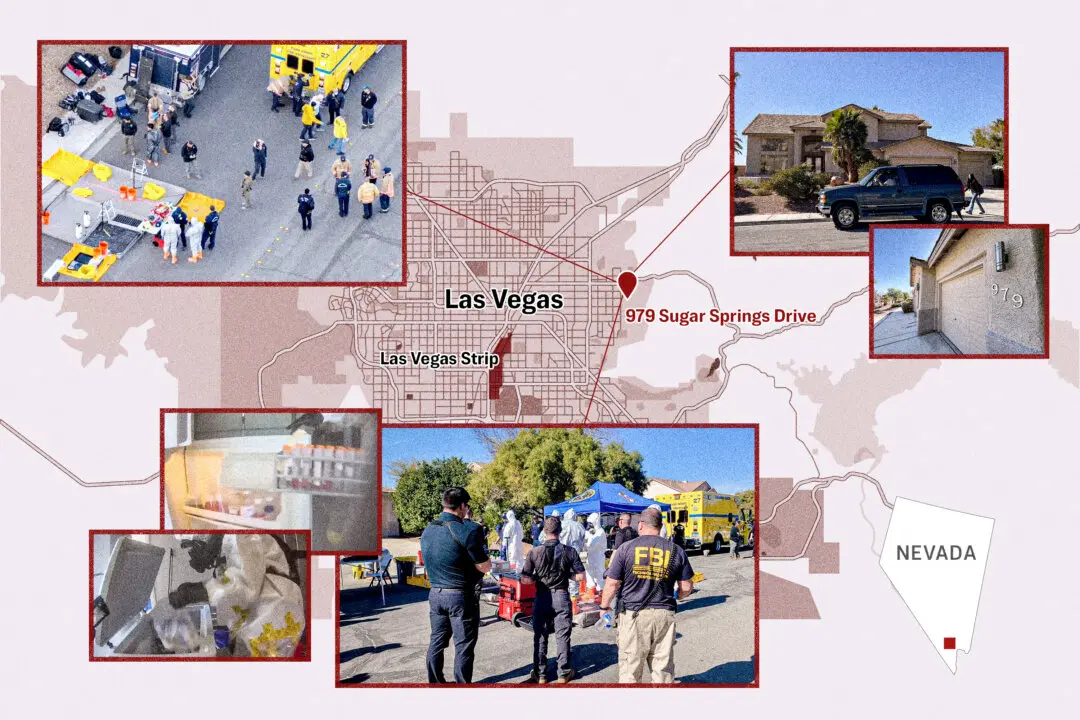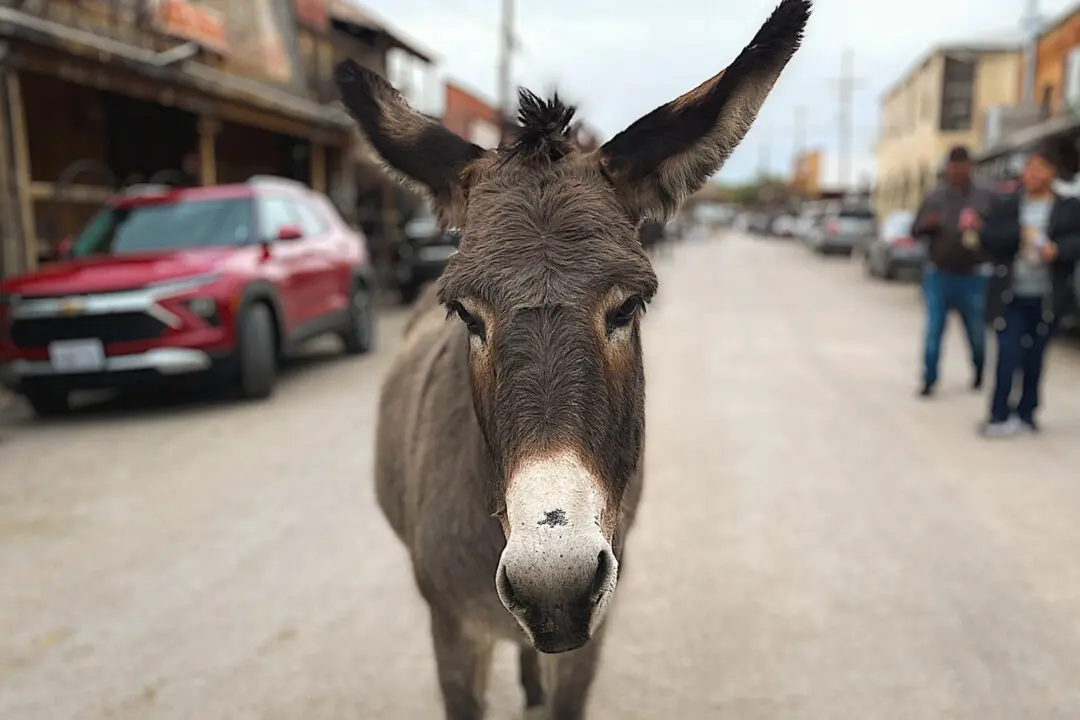CAMP VERDE, Ariz.—When they were young men nearly 60 years ago, Dennis Blessman, David Lucas, and Jerry “Doc” Spulecki survived the war in Vietnam, only to fight another battle at home against a silent killer decades later.
The men now suffer from similar “presumptive” conditions of service-related exposure to the highly toxic herbicide Agent Orange—ischemic heart disease, Type 2 diabetes, prostate cancer, and high blood pressure.





